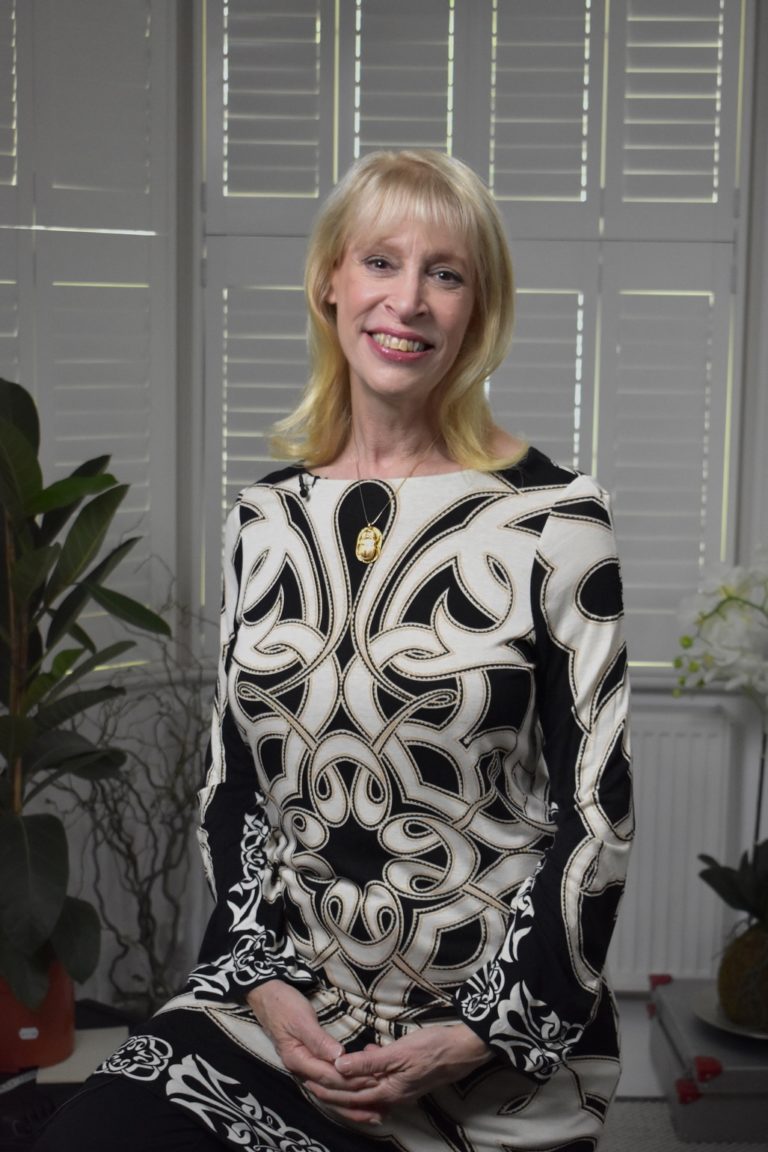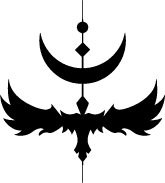Historic Parliament of World’s Religions
 (TWH) – This year’s Parliament of the World’s Religions was a historic first for the Pagan community. Held virtually for the first time from October 16-18, the 2021 Parliament brought together people of faith from across the globe for workshops, plenary sessions, and conversations addressing critical topics, including women’s rights, climate change, and the pandemic’s ongoing impact.
(TWH) – This year’s Parliament of the World’s Religions was a historic first for the Pagan community. Held virtually for the first time from October 16-18, the 2021 Parliament brought together people of faith from across the globe for workshops, plenary sessions, and conversations addressing critical topics, including women’s rights, climate change, and the pandemic’s ongoing impact.
Thousands of participants representing more than two-hundred self-identified faith groups and traditions attended the weekend’s robust selection of programs. And presiding over those programs was a Wiccan Priestess—Phyllis Curott.
As Program Chair, Curott curated the Parliament’s offerings, ensuring gender parity, diversity, and widening geographic reach in overall programming, including sessions related to Paganism and Witchcraft. These efforts, and her years working in this interreligious space, are modeled on groundbreaking religious leadership where Curott and others continue to forge ties among different faiths and the Pagan community.
“Things are changing in ways that should give us hope for the future, for us and for Mother Earth,” Curott said in post-conference interview. “That a wicce (I prefer the original term) was Program Chair for the 2021 Parliament – the one where the Pope finally offered his blessing and the [Greek Orthodox] Patriarch returned – means the impossible is possible, if you have the courage of your convictions, take the long view, and sustain the effort.”
That Pope Francis provided a blessing is indeed historic. The Roman Catholic Church, after all, has condemned the practice of Witchcraft, fueling propaganda and misinformation about Witches and Pagans. And yet there was Curott, in a publicly prominent role, and a schedule of conference events led or attended by those from the Pagan community.
“I’ve always refused to be defined by negative stereotypes – the ones others have of us or that we might have of others,” Curott continued. “I’ve worked in the interfaith world for almost forty years because it’s an open-minded community of religious leaders, activists, and influencers. Change their negative stereotypes about Witches, Wiccans, and Pagans, and you begin to change the world’s negative stereotypes. Freedom and the chance to offer our wisdom to the world follow.”
This point of view is confirmed by Rev. Stephen Avino, Chief Operating Officer and Acting Executive Director of the Parliament. “Our faith and spiritual communities have continuously risen to be antidotes to these moral and physical viruses that plague our world and we needed to gather to highlight this action-based work, share best practices, learn from one another, and celebrate the successes. This was a time to work for a better world.”
Pagans began participating in the Parliament in 1993, but their presence – while significant – was not without controversy. That year, the Greek Orthodox delegation withdrew from the Parliament shortly after protesting the inclusion of Witches. Curott was one of those Witches. At the time, she was First Officer of the Covenant of the Goddess. But last month, Ecumenical Patriarch Bartholomew, head of the Greek Orthodox Church, returned to the Parliament, addressing the closing plenary where Curott also spoke.

Phyllis Curott [Courtesy]
Even so, it was a moment of reckoning that elevated the global profile of Witches.
Several programs at the Parliament focused on the prevalence of Witchcraft today. Among those programs were: Why is Wicca the Fastest Growing Spirituality in America?; Impact of the Witch Hunt Trauma on Modern Women; and A Conversation between an Independent Catholic and a Witch (wicce).
In these sessions and others, Witches and Pagans did the important work of dialoguing, a key featuring to interfaith relations. In doing this, they are carrying forward the mantle of other historic efforts in this space, be it the Jewish community’s long engagement with other faith groups or the growing number of Muslims involved in this work, to ensure their faith and concerns are understood and common ground can be found.
“Just as the Native American community is engaging with the Vatican around the Doctrine of Discovery, we can begin the long, difficult, diplomatic effort to secure rescission of papal edicts against Witches,” Curott noted. “Advance the critique – we certainly did that at this Parliament with Max Dashu’s hard-hitting presentation on the Witch persecutions – but also build friendships and alliances. Our Catholic Trustees secured the participation of the Pope and the Patriarch.”
In her many years of service to the Pagan community as a Priestess, attorney, and author, Curott has witnessed a discernible shift in the spiritual landscape. Much has changed since her first work of nonfiction, Book of Shadows: A Modern Woman’s Journey into the Wisdom of Witchcraft and the Magic of the Goddess, was published in 1998. But Curott isn’t sure if Witchcraft has achieved full acceptance as a mainstream religion.
“There is a shift towards acceptance – and we’ve worked hard to achieve it,” she said. “The media is marveling that Witchcraft is the fastest growing spirituality/religion in the United States, but we have a long way to go. I’ll be able to say we’re accepted by the mainstream when we’re no longer battling to keep custody of our kids, or afraid someone will firebomb our houses, or fire us from our jobs. We’ll be accepted by the mainstream when we’re not being denied online pay services by STRIPE, which has been systematically dropping Witches, Wiccans, and Pagans, (and I’m speaking from personal experience).”
Curott’s observations are evident in the popularization of magic in mainstream culture. Spell kits, amulets for protection, and books on esoterica are readily available for purchase online as well as in general retail markets.
This past Halloween, many occult shops saw record numbers of patrons lining up to buy crystals, candles, oils, and herbs. Social media from places like Salem, Massachusetts – the “Witch City” – attest to outsized crowds, and calls to witch shops confirmed an unusually high number of online orders for the Samhain season.
Perhaps these trends have found their way into the larger world of interfaith relations, with Curott’s pioneering work leading the way?
“The door has been opened, and all you need is a crack for the light to get through. We have profound wisdom to offer the world about how to live in a sacred world … and there were important conversations held at grassroots levels, between Heathens and Christians, wicces and Catholics and so many others,” said Currott. “Take the long view, do the hard work, and keep an open heart. The world is changing in good ways and we are helping to change it. The Pope, the Patriarch, and the Priestess. Makes you smile, doesn’t it?”



